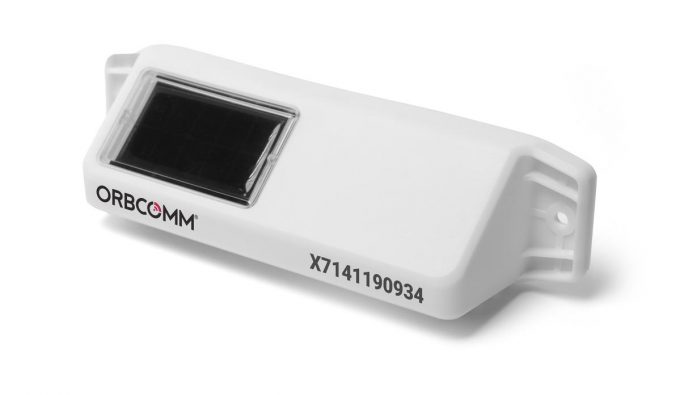Sea cargo insurance turns from broad brush to black box
Sophisticated container tracking solutions will allow insurers to bring the benefits of automotive ‘black boxes’ ...

Orbcomm, a company which manufactures tracking devices for reefer containers, has joined with the ‘Move to -15°C’ campaign, hoping to raise global cold-chain temperatures.
The initiative plans to bring up the temperature of road- and sea-going reefer containers from a consensus of -18°C ...

Comment on this article